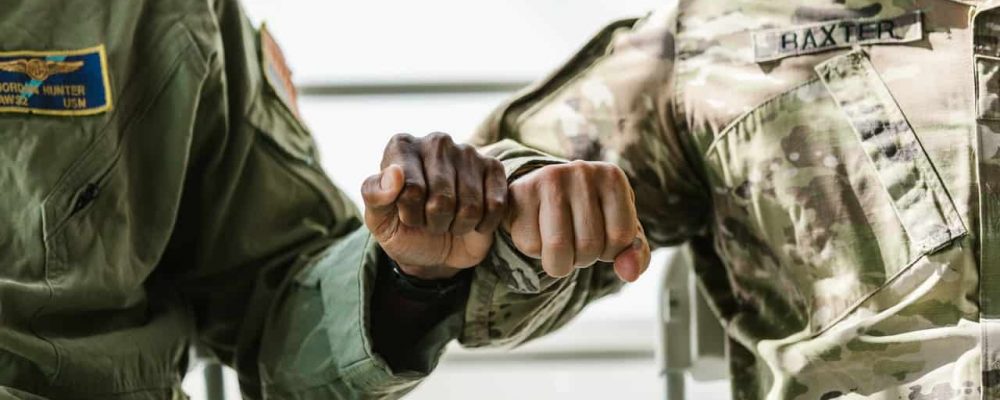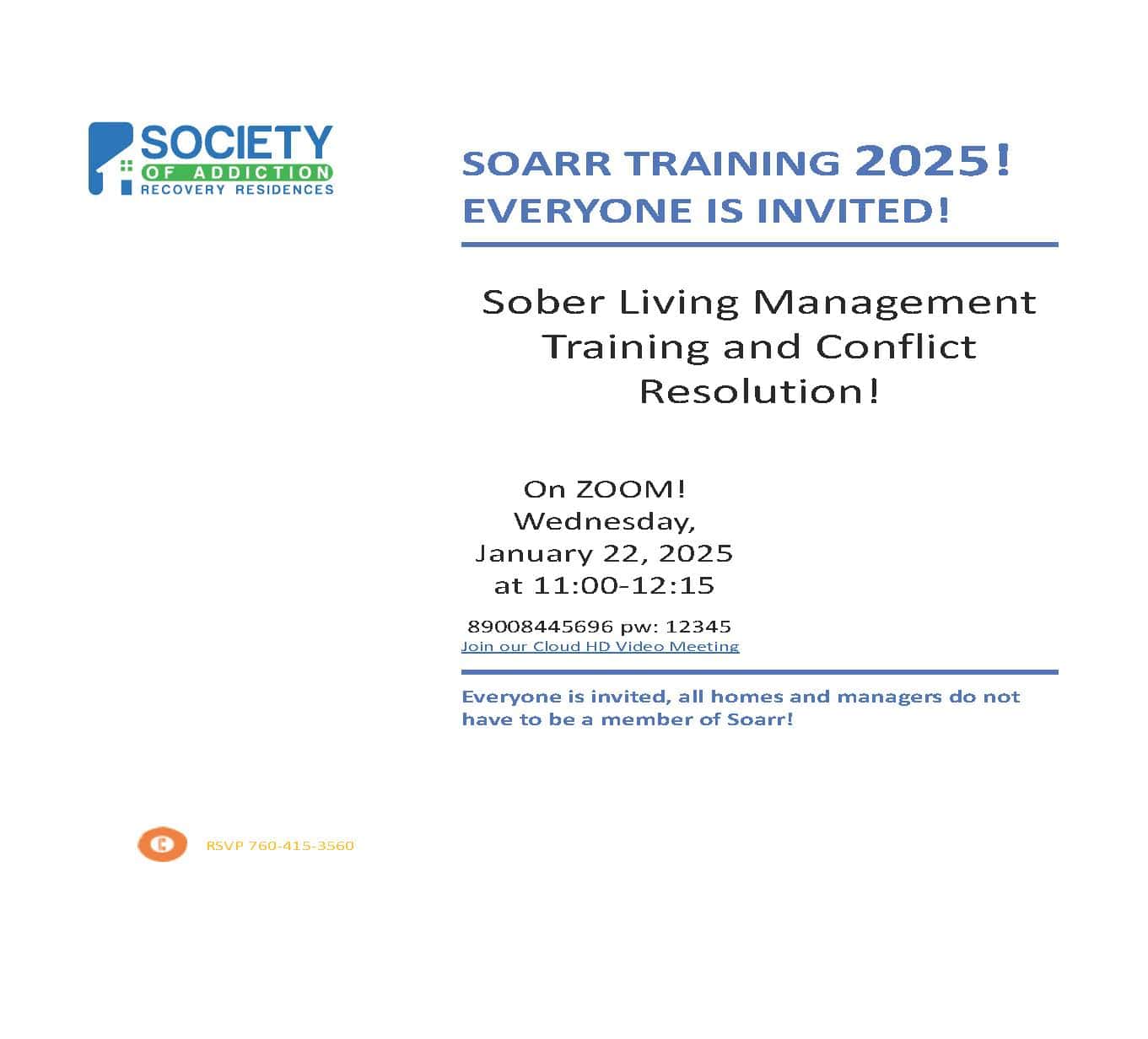Alcohol addiction is one of the most common disorders in the world. Veterans are no exception, mainly when drinking acts as a rite of passage in military life. Military life often involves extended periods of drama, danger and grueling work hours, and long periods of boredom and solitude. Military during their off-hours than any other profession. It is common for veterans to struggle with alcohol use disorder and other substance use disorders.
Alcohol Use In The Military and Veterans
Up to 30% of military members report binge drinking regularly. There are reasons to celebrate or unwind during, before, and after operations. Upon returning home, many veterans find themselves stuck in a pattern of drinking. Up to 15% of veterans who returned from Operation Iraqi Freedom reported heavy drinking even six months after returning to civilian life.
Alcohol use disorder is a common problem among veterans. It is a way to self-medicate physical pain, anxiety, depression, or PTSD for some. For others, it’s a disorder that is progressive and dangerous to their happiness, health, and future.
Symptoms of Alcohol Use Disorder Among Veterans
Veterans with alcohol use disorder tend to have problems caused by their drinking. For example, getting a DUI or Drunk in Public citation. Their lives tend to make room for drinking as a primary activity, to the detriment of their job, finances, and relationships.
Here are a few other symptoms of Alcohol Use Disorder:
- Drinking to the point of passing out or blacking out.
- Taking risks like driving while drunk.
- Becoming aggressive or violent when drinking.
- Drinking more or later than intended.
- Skipping or forgetting important events due to drinking.
- Frequently showing up drunk or hungover to events or work.
- Spending excessive amounts of money when drinking.
- Damaging relationships with family due to drinking.
- Having physical withdrawal symptoms when drinking.
- Having to drink to get to sleep.
- Having to drink a minimum amount daily.
- Being incapable of quitting drinking despite repeated events.
Veterans Can Find Recovery
People from all walks of life get sober and begin to reclaim their lives and relationships. For veterans, there is an increased risk of relapse. Trauma is often intertwined with alcohol use disorder in the military. While veterans can get sober like anyone else, they also need treatment for mental health issues like PTSD or depression.
Helping veterans live their best lives is a goal for long-term recovery. Like everyone else, they need to work on themselves and learn to stay sober one day at a time. They may need counseling and help to cope with symptoms of PTSD in addition to treatment for their alcohol addiction.
About SOARR
The Society of Addiction Recovery Residences is an alliance of sober homes and addiction professionals. We get together, network, and help set the standards for sober living in California. Learn more about upcoming events by clicking here.





